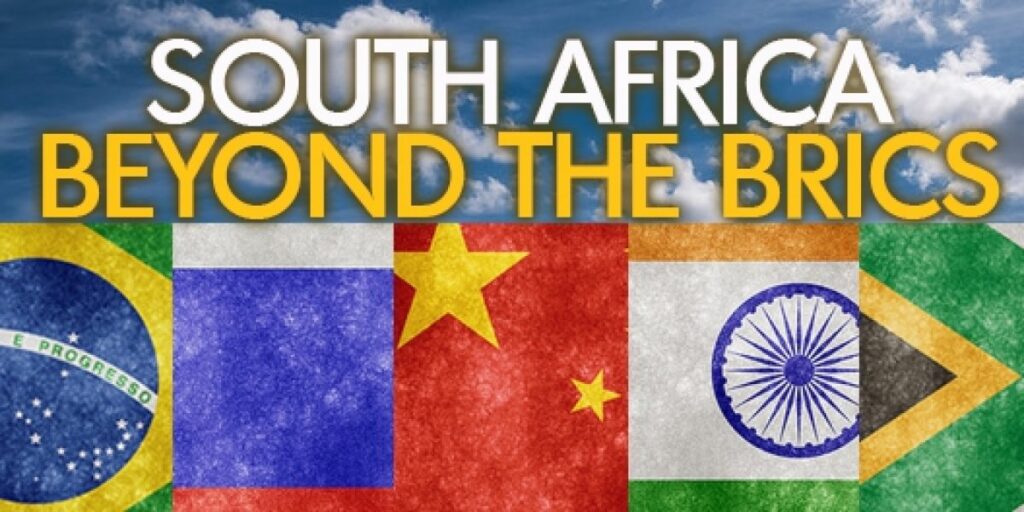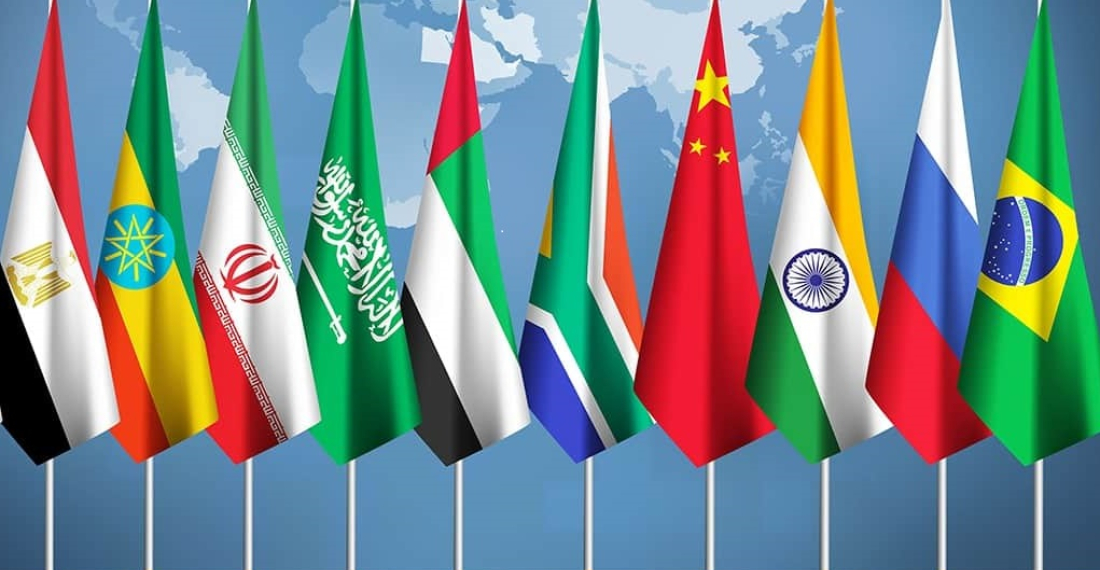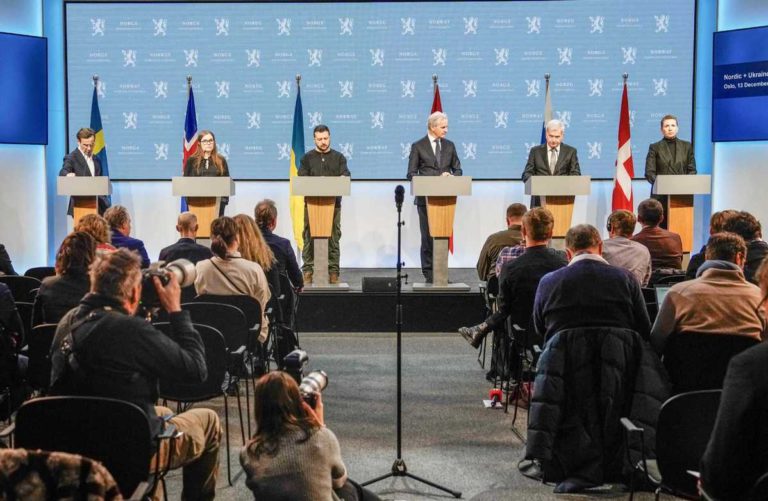As an unintended consequence of the suspension of Arctic Scientific Cooperation through the Arctic Council, Arctic research was also affected in five Asian observer countries-India, China, Japan, South Korea and Singapore (also known as the “Asia-Arctic Five”). This is because, according to the rules of the observer states, their participation in the Arctic Council is mainly at the working group level and they can only propose projects through an Arctic state or a permanent participant.
For example, if India wants to study the impact of the Arctic on the monsoon through the work of the Arctic Council (AC), which affects 58% of its population and produces 20% of GDP, then technically it can only pass through one member state.
Other regulations exclude observers from the Arts Council decision – making process, limit their participation at the Working Group level and limit their financial contribution to up to 50% of the total project amount.
Observer states must also declare compliance with the Ottawa declaration and the rules of Procedure of the Arctic Council and cannot conduct surveys directly with each other. Although technically speaking, the law of the sea (part XIII) provides for unobstructed marine exploration outside the exclusive economic zone and the continental shelf of the coastal state.
What are the other possibilities for cooperation among the Observer States of the Arctic Council?
BRICS as a new Dream Team for “Asia-Arctic Five” members
Currently, the content of international scientific cooperation between BRICS countries in the Arctic region focuses on resource research, marine research and climate change issues. Although the BRICS countries have not yet identified a mechanism for cooperation in the field of Arctic exploration and development, this issue has been mentioned since 2015 year. Since 2018, the Arctic issue has been discussed at the annual meeting of the BRICS Working Group on ocean and Polar Science and technology.
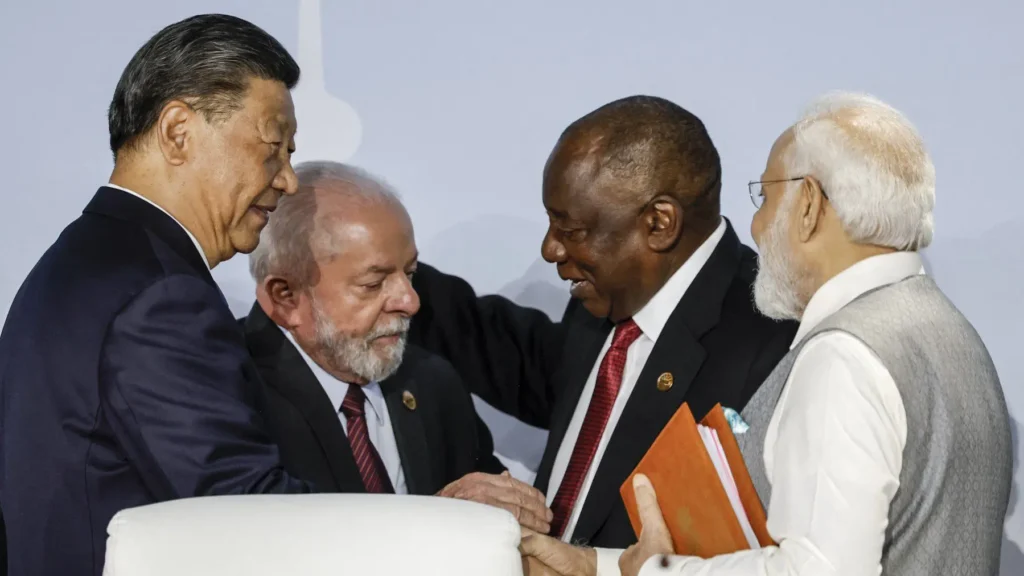
The first meeting of the BRICS Working Group on ocean and Polar Science and technology took place in Beijing in 2016.in the year and the second meeting in Brasilia 2018. The joint statement issued at the second meeting pointed out that “the BRICS countries cover all the world’s oceans and are actively involved in the development of marine and polar science and technology.” The idea of developing Arctic cooperation has spread to a large extent in expert circles of different countries and has even led to discussions in relevant premises, such as the annual meeting of the Arctic Circle, where a group meeting on the topic “BRICS in the Arctic: Emerging Opportunities for Collaborative Initiatives ” was proposed.
This shows great interest in the study of Arctic topics. In this regard, the BRICS countries will be able to make effective use of the platform created to further develop and implement more effective joint work in the field of Arctic research.
Asia-Arctic Fives’ tango – China and India
As observer states of the Arctic Council, China and India have the opportunity to influence the policy of the international community in the northern regions of the earth. At the same time, Brazil and South Africa have not yet joined the Arctic Council, which prevents these countries from integrating into related areas.
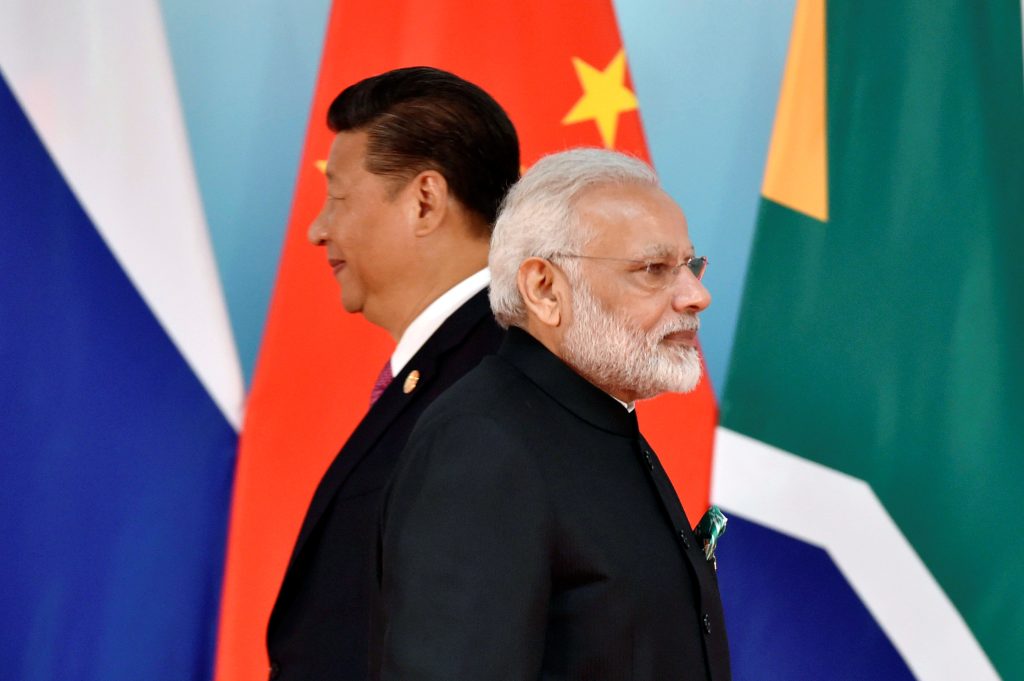
The prospect of an ice-free summer by 2040 could change Arctic waterways and significantly shorten travel time between Asia and Europe. This potential, combined with large energy reserves, forces India and China to make large investments and seek greater geopolitical influence in the region, which can intensify competition.
However, it is difficult to say that India and China will be cramped in the Arctic. In real life, no reasons for confrontation between “Captain China” and “Hindu Man”.
China’s first Arctic policy, issued in 2018, stated that it intends to realize Beijing’s strategic interests-mutual benefit and win-win situation-through a “win-win” polar partnership. According to this policy, the second largest economy aims to connect the sea gateway of the “Belt and Road” Initiative (BRI) with the Northern Sea Route (NSR).
India finally announced its first Arctic policy in March 2022, but given the rapidly changing climate and other global conditions, it will be updated regularly. India’s Arctic policy is inclusive and participatory and willing to “do its part and contribute to global interests” in keeping with the civilized spirit of the country’s “Vasudhaiva Kutumbakam”—the world is just one family. Therefore, the publication of India’s Arctic policy is a good illustration of India’s Arctic aspirations and global society.
China’s advanced material capabilities and early understanding of the potential of Arctic resources have pushed it forward, while India is trying to catch up. To some extent, this is even good for India, because it can use Chinese best practices to learn from the mistakes of others. The emerging alliance in the Arctic gives India a potential opportunity.
Personally, given the material asymmetry between the two countries, India does not pose a strong threat to China. However, he positions himself as an important player through skillful diplomacy and strategic partnerships. With a nuanced diplomatic strategy, India can claim to be a fairly independent participant in the BRICS countries. India can avoid excessive dependence on any superpower and can even act as the main intermediary in Arctic affairs. This approach will allow India to strengthen its geopolitical importance in the region and maintain its strategic autonomy, even as it navigates the complex dynamics of the Arctic.
As for India, the BRICS group cannot be viewed separately from other platforms available in India. The new expansion also provides India with a platform to advance its economic interests. BRICS countries are unique in that they include major oil producers and consumers.
Since Iran, Saudi Arabia and the UAE are now in a mixed state, the group owns about 40% of the oil trade. If they manage to use the remuneration and other mechanisms of the BRICS countries to settle their accounts, this will have a huge impact. It will benefit China, but it will also benefit India.
In general, China and India are quite equal participants in the global economy and other global processes, and they have nothing to share. Therefore, their mutual cooperation or joint projects involving other countries of the Global South and five Asian-Arctic countries will significantly accelerate the balanced development of the Arctic as a global value.
India as Arctic player
India is not new to the Arctic. Its participation in the region dates back to 1920 from when the Svalbard Treaty was signed in Paris. In 2007 India launched its first research mission to study Arctic microbiology, atmospheric science and geology. A year later, India became the only developing country other than China to establish an Arctic Research Base. After being granted ‘observer’ status by the Arctic Council in 2013, India commissioned a multi-sensor moored observatory in Svalbard in 2014 and an atmospheric laboratory in 2016. The focus of the work of these stations is the study of the Arctic ice system and glaciers and the consequences of the melting of the Arctic to the Himalayas and the Indian monsoon.
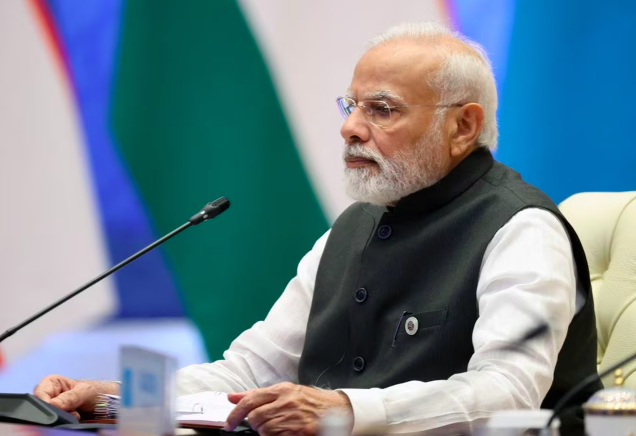
Due to the potential impact of climate change on the Indian economy and the world, opinions on India’s participation in the Arctic have diverged. This concern stems from the extraction of fossil fuels in the Arctic, because there is currently no clear Arctic strategy. In addition, the potential environmental impacts of Arctic mining highlight the urgency of developing a clear and sustainable Arctic strategy for India.
On the other hand, India’s diplomatic and scientific participation in the Arctic can be beneficial. With a team of knowledgeable environmentalists, India can conduct Sustainable Development Research and research to ensure the Arctic is safe, stable and safe. This approach aligns India’s “eastern action” policy with countries such as Singapore, Japan and South Korea and brings a new perspective on Asian participation.
Norway, the current chairman of the Arctic Council, has close ties with India. Since the end of the 1980 years, the two countries have collaborated in the study of the changing conditions in the Arctic and Antarctica and their impact on the South Asia. As climate change will eventually affect the Arctic and South Asian monsoons more deeply, these efforts have accelerated over time.
The issue of India’s participation in the Arctic has divided the scientific and political circles of the country. Opinions are divided on the possible impact of climate change in the Arctic on the Indian economy. People’s concerns are mainly caused by the extraction of fossil fuels in the region, and India has not yet formulated a clear economic strategy. Proponents of economic development in the Arctic call for a pragmatic approach to the region, particularly in the areas of oil and gas exploration and mining. Skeptics warn of possible environmental consequences and stress the need for a more balanced policy framework that recognises the negative aspects of Marine Resource Development.
To allay this suspicion, India’s current policy is to work with Arctic countries in the field of green energy and green and clean industries to strengthen its qualifications as “responsible stakeholders”. For example, India has collaborated with Denmark and Finland on waste management, pollution reduction, renewable energy and green technology.
Last, but not least. Arctic impact on Africa
Several studies have shown that human activities, especially in the Arctic, can affect life, agriculture and climate change, and even in other parts of the world, including the African continent. The impact of Arctic warming and melting on global climate and world sea levels is expected to make the Arctic a subject of public and political discourse in Africa. In other words, the fact that what is happening in the Arctic has a global impact and can be a legitimate concern for people outside the Arctic Circle should be a good motivation for African countries to participate in Arctic affairs. The Norwegian Polar Institute (Norwegian Polar Institute) more appropriately pointed out: “warming in the Arctic is not only important for climate change [……] And it affects the whole world. The first and most important thing is the consequences of the climate system itself […In addition, warming will affect sea levels, which will have a direct impact on people and societies in many parts of the Earth.”
In short, African countries must realize that no matter what happens in the Arctic, they will not necessarily remain in the Arctic. Although the efforts of some African countries in global cooperation on climate change are commendable, active participation in Arctic affairs through partnerships with Arctic countries remains to be seen.
